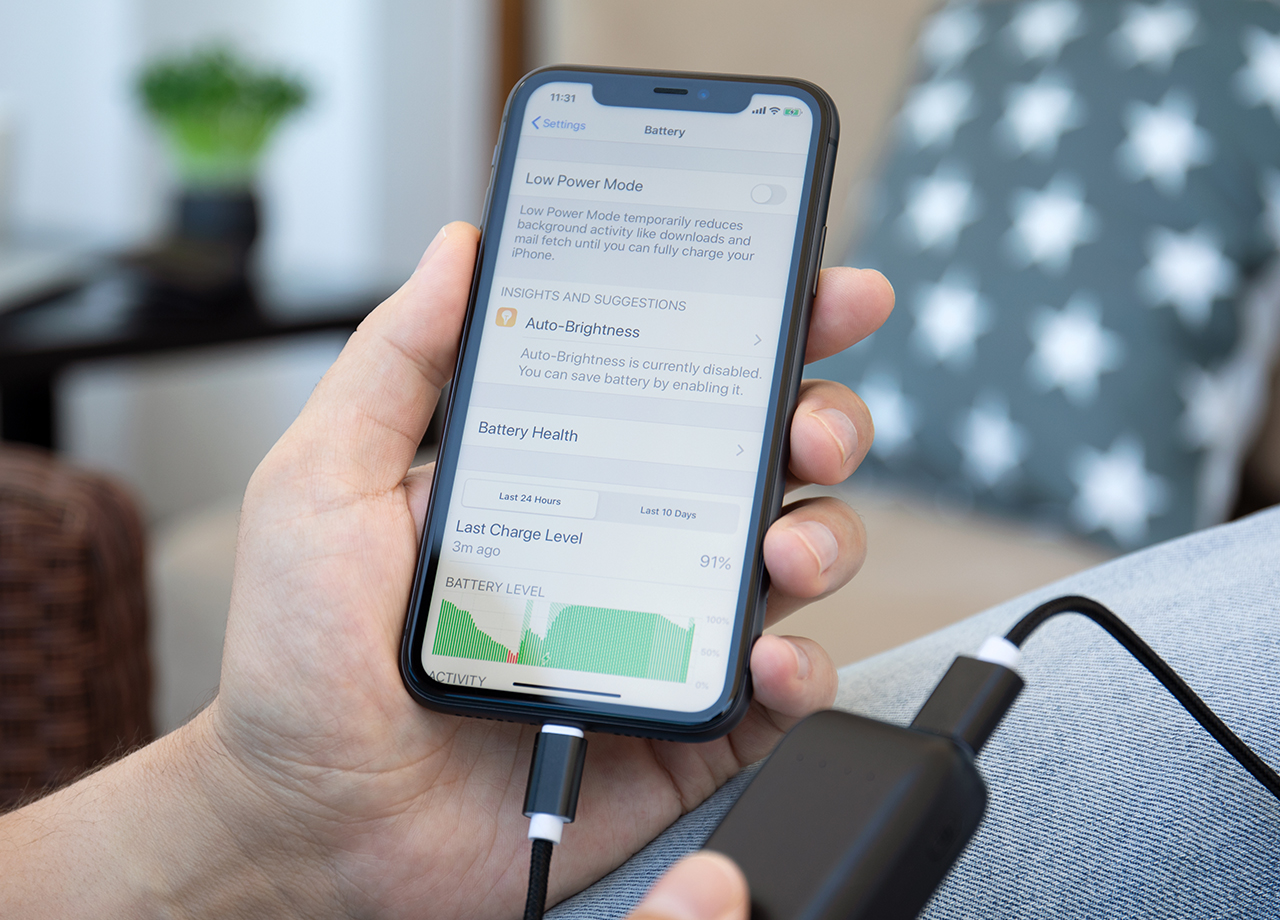This is an archived article and the information in the story may be outdated. Please check the time stamp on the story to see when it was updated last.
One of the most common beliefs in tech is that overcharging your phone can lead to a weakened battery and damaged device. That belief stands in stark contrast to the fact that leaving your phone to charge overnight is undeniably convenient. What could be better than waking up with a full-powered phone that is ready to tackle the day? If you’re confused about phone charging facts, Tech Expert Omkar Dharmapuri, founder of Tech Lurn, shares the reality of what happens when you charge your iPhone overnight.

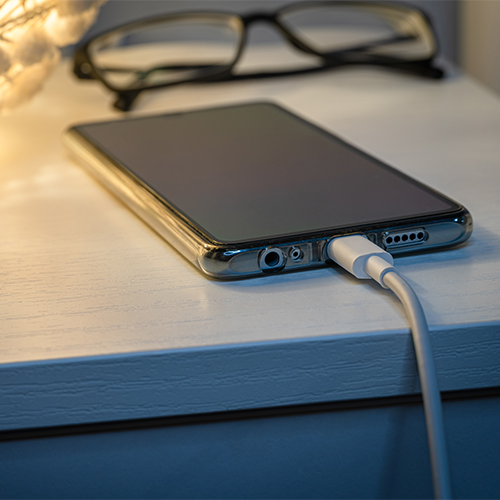
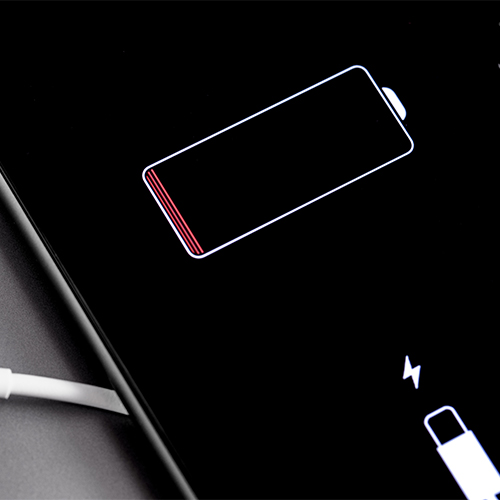
The reason why your phone won’t overcharge is simple, Dharmapuri says: it stops taking charge after the battery is full. “Consequently, charging your phone while you're sleeping or leaving it attached to the charger after it has reached its limit shouldn't damage the battery.”
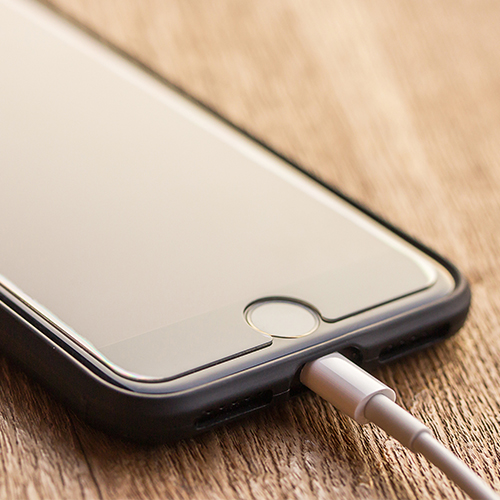
Tech Expert Mihai Corbuleac, Senior IT Consultant at StratusPointIT, agrees: “The internal charger of an iPhone is a ‘smart’ piece of equipment, extra protection chips inside prevent overcharging and also prevent the device from totally draining the battery by shutting it down before the battery is fully exhausted,” Corbuleac says. Corbuleac adds that the average iPhone battery “will gradually lose capacity, and is rated to remain at above 80% capacity (that's total capacity, so not the charge level) for 500 full charge cycles. In normal use this would be around 2 years.”
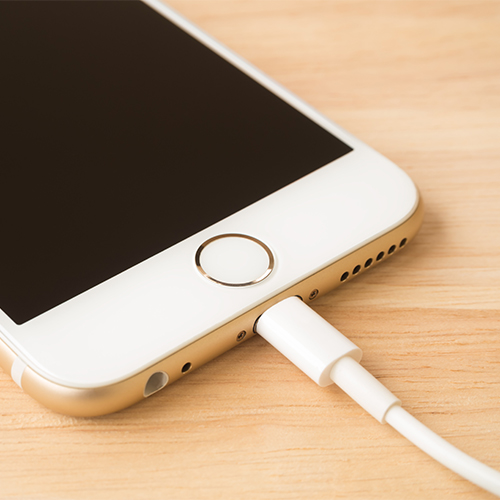
Rather than worry about overcharging your phone at night, Dharmapuri says it’s more important to pay attention to how much you’re using your phone and whether your apps are still active in the background. “Avoid situations in which your phone is in colder temperatures since that's a massive battery drainer, too,” Dharmapuri says.






















